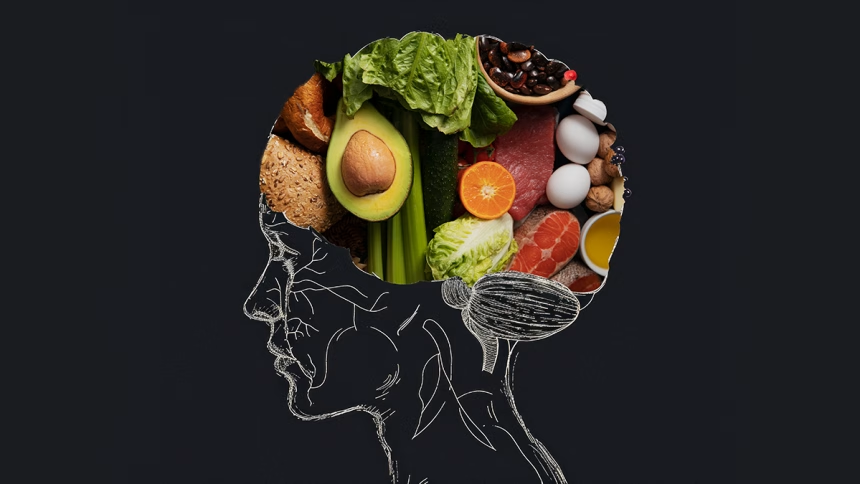Diet is not just about sustaining ourselves or tracking calories; it goes beyond that. What we eat and our lifestyle choices significantly impact our physical, mental, and psychological well-being. In recent years, growing research has highlighted the role of nutrition in mental health, offering new insights into how diet can help prevent or manage various mental disorders.
One emerging area of interest is the brain-gut axis, which suggests that stress and gut microbiota may be interconnected. Studies in animals show a potential link between diet, microbiota, and mental health, but further research on humans is required. The microbiome, a collection of microorganisms in our body, plays a crucial role in influencing mood and brain function. A diet high in fiber, fruits, vegetables, fermented foods, and antioxidants supports a diverse and stable microbiome, while processed foods, sugar, artificial sweeteners, and saturated fats reduce microbial diversity and increase inflammation, both of which contribute to mental health risks such as depression and anxiety.
There is no single “magic” brain food. The key is maintaining a balanced diet rich in essential nutrients. Memory and cognitive function can improve with a diet that includes healthy fats, plant-based foods, and phytonutrients, while avoiding unhealthy fats and processed foods helps maintain brain health.
Omega-3-rich foods like fatty fish, chia seeds, flaxseeds, avocados, and walnuts boost brain health by reducing inflammation, enhancing memory, and supporting cognitive function. B vitamins, such as B-12, B-6, and folate, are crucial for brain function, helping regulate neurotransmitters that affect mood and cognition. Sources include eggs, fish, leafy greens, legumes, whole grains, and fortified cereals.
Polyphenols and antioxidants, found in foods like berries, pomegranates, beetroot ,apples, and green tea, protect the brain from oxidative stress and improve memory. Zinc supports neurotransmitter function, memory, and learning, while magnesium aids brain function and reduces stress. Sources include beans and black beans , legumes , dairy products (milk, cheese) , nuts and seeds (pumpkin seeds, sesame seeds , almonds) , whole grains, shellfish, spinach, avocados, and dark chocolate.
In conclusion, a healthy diet supports both your brain and overall well-being, helping maintain mental health throughout life.






















